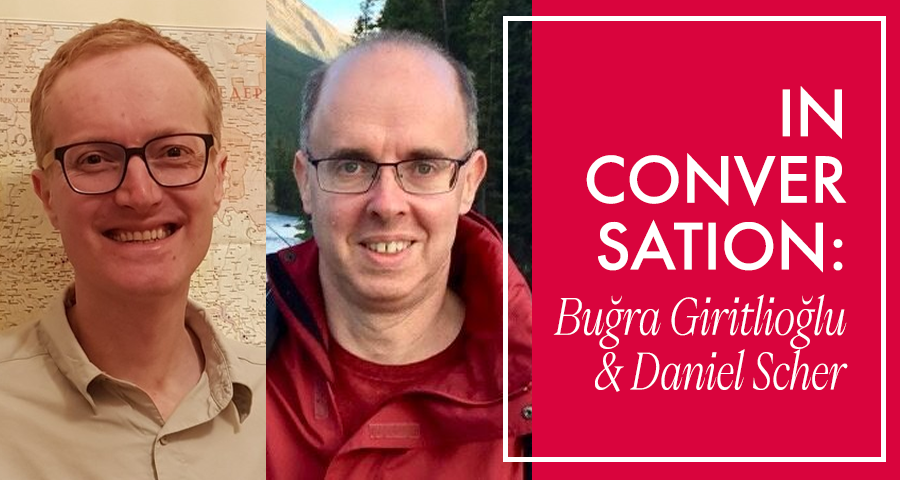Curated and translated by Buğra Giritlioğlu, with the collaboration of Daniel Scher, The Pulse of Contemporary Turkish: Poems from the New Millennium (Syracuse University Press, 2025) seeks to dismantle the “Orient of the anthologies,” as Laurent Mignon calls it in his incisive foreword, offering instead a mosaic of voices that refuses reduction to cliché or cultural shorthand. The volume spans 172 poems by 61 poets, weaving canonical figures alongside bold experimenters who push the boundaries of form and language. Familiar names, such as Lâle Müldür and Murathan Mungan, converse with emerging poets whose works might otherwise remain inaccessible to English-language readers. The effect is an anthology that is not merely representative but dialogic.
Turkish, with its null-subject syntax and layered ambiguities, resists a one-to-one mapping into English. Rather than smoothing these difficulties, the translators lean into them. “If any of the translations seem obscure,” Giritlioğlu writes, “the reader can rest assured the originals are equally so.” This refusal to domesticate feels radical in an era of over-sanitized translations. Scher’s role balances this fidelity with readability, bringing a native ear attuned to English idiom
In this interview, I speak with Buğra Giritlioğlu, whose background straddles materials science, ethnomusicology, and literary translation, and Daniel Scher, whose editorial eye and native English fluency helped shape the anthology’s final voice. We discuss the puzzles and pleasures of translating experimental Turkish poetry, the ethics of collaboration, and the aesthetic fault lines that define this vibrant literary moment. From negotiating null-subject ambiguities to preserving sonic textures across languages, their reflections offer a rare glimpse into the labor behind making a national literature audible in another tongue.
Ibrahim Fawzy (IF): Buğra, given your background in materials science and ethnomusicology, how do these fields inform your work as a translator of poetry?
Buğra Giritlioğlu (BG): Both materials science and ethnomusicology have shaped how I think, in ways that carry over into translation. All three require an inquisitive, analytical mindset. Translation often involves a kind of optimization, much like materials science: you’re constantly weighing trade-offs, making fine-tuned adjustments, and aiming for the best possible version under specific constraints.

